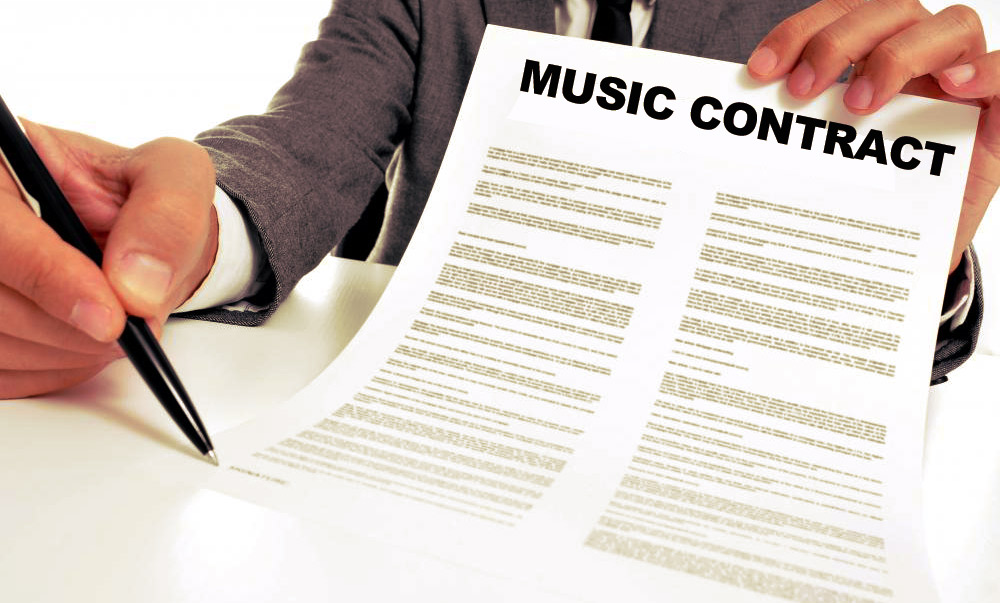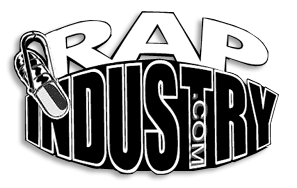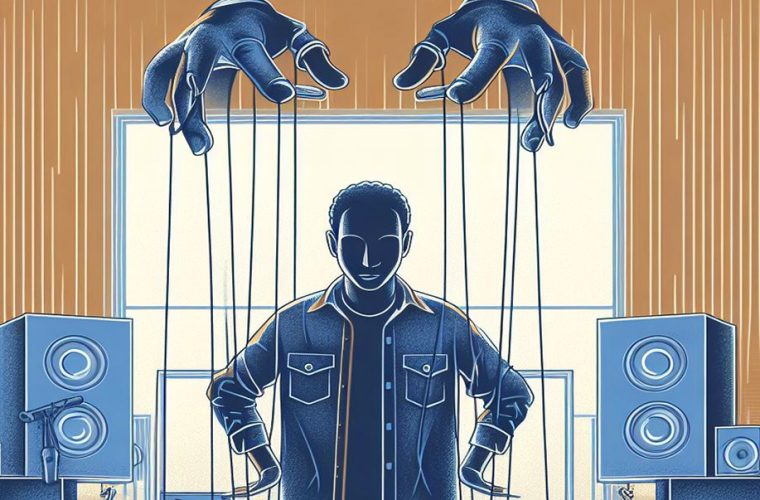
Negotiating a music contract can be a complex and challenging process, but it is also an important skill for any musician who wants to protect their rights and interests. Here are some key steps for negotiating a music contract:
READ, UNDERSTAND AND CONSIDER THE CONTRACT.
This means you should take your time to review the contract carefully and make sure you comprehend all the terms and conditions. You should also consider how the contract affects your interests and goals, and whether it is fair and reasonable for both parties. You should make a note of any aspects of the contract that you cannot understand, that you want to reference, or that you want to change or negotiate.
ASK FOR EXPERT ADVICE.
This means you should seek help from a qualified and experienced music lawyer, manager, or mentor who can assist you with reviewing the contract, identifying any red flags or potential problems, and suggesting possible changes or alternatives. You should also consult with other artists who have worked with the same producer or label before and get their feedback and advice.
THINK ABOUT YOUR FUTURE AND YOUR GOALS.
This means you should have a clear vision of what you want to achieve as an artist, and how the contract aligns with your expectations and aspirations. You should also think about how flexible or restrictive the contract is in terms of your creative control, artistic development, and career opportunities. For example, some contracts may limit your ability to work with other producers or labels, or to release music independently.
DON’T BE AFRAID TO NEGOTIATE.
This means you should not settle for the initial offer or terms if you are not satisfied with them. You should be polite but firm, and explain your reasons for wanting a different deal. You should also be prepared to compromise on some points, but also know your bottom line and walk away if necessary. You should never sign a contract that you are not comfortable with or that does not meet your needs.
WATCH OUT FOR PEOPLE WHO REFUSE NEGOTIATIONS OR PRESSURE YOU TO SIGN QUICKLY.
This could be a sign of dishonesty or exploitation. A reputable and professional record label or producer should be willing to discuss and adjust the contract to reach a fair and mutually beneficial agreement. You should never sign a contract that you do not fully understand or that you have not had time to review properly. If someone is trying to rush you into signing something, that is a major red flag.
TAKE A TEST DRIVE.
Some contracts may allow you to work with the producer or label for a trial period before committing to a long-term deal. This can help you evaluate their work ethic, communication style, and compatibility with your vision and goals. It can also help you build trust and a rapport with them, and see how they handle feedback and criticism.
THINK CAREFULLY ABOUT RESTRICTIVE CLAUSES THAT MAY LINIT YOUR FREEDOM OR RIGHTS AS AN ARTIST.
For example, some contracts may include exclusivity clauses that prevent you from working with other producers or labels, or reversion clauses that determine who owns the master recordings and for how long. These clauses may affect your income potential, your artistic expression, and your ownership of your music. You should try to negotiate these clauses to make them more favorable for you, or avoid them altogether if possible.
DO YOU RESEARCH ON WHO IS TRYING TO SIGN YOU.
Check their company reputation and track record. Have they ever signed anyone that has had major success? Look for reviews, testimonials, or references from other artists who have worked with them before. Find out how they treat their artists, how they handle disputes, and how successful they are in promoting and distributing their music. You should also check their financial stability and legal status, and make sure they are trustworthy and reliable.
Remember, it is always better to be informed and prepared than to regret later. Good luck! and stay hustlin’.



